Germany: Latest €20 Silver Proof Coins Mark the 300 Anniversary of Birth of Revolutionary Philosopher Immanuel Kant
The German Ministry of Finance along with Munze Deutschland have released new silver proof commemorative coins on the occasion of the 300th anniversary of birth of Immanuel Kant.
Regarded as a revolutionary thinker, Kant (1724 - 1804) was already considered the most influential philosopher of his era during his lifetime - and is now considered the most important logician of modern times. A life dedicated solely to his work, Kant remained a bachelor, he never travelled and turned down invitations to visit other places as well as any honourary appointments. Born on the 22nd April 1724 in the city of Konigsberg, (present-day Kaliningrad) into a respectable family of craftsmen, they would eventually become impoverished during his childhood. With the support of Scholarships and that of an uncle, Kant was able to attend Secondary school and eventually study at “Albertina,” or, the Königsberg University. After completing his studies, he initially worked as a private tutor before returning to the University of Königsberg in 1755. There, he lectured continuously for over 40 years, where he covered a wide range of subjects from logic and metaphysics to physical geography, mineralogy, practical philosophy to ethics, natural law and pedagogy. Kant’s reputation during his life was that of a truly Renaissance man. However, it seems Kant was more than just a cerebral theorist who was described as a fun-loving man and a brilliant entertainer. He was known to win money playing billiards and cards and socialised with the upper echelon of Königsberg society. Interestingly, it was on his 40th birthday that Kant changed his way of life, believed to have been influenced by the sudden death of a friend. He socialised less and subjected his life to strict rules such as rising every day at 5: am to start work.
In 1770 Kant received the coveted and long-awaited professorship of logic and metaphysics at the University of Königsberg, having unsuccessfully applied for it since 1756. After his decade of silence in which he published nothing apart from small occasional writings, from 1781 onwards he published ground-breaking works, the first of which was to usher in a new era in the history of philosophy entitled Critique of Pure Reason. This was followed, by among other things, the famous essay Answering the Question: What is Enlightenment? in 1784. He later published the Foundations for the Metaphysics of Morals in 1785 and when the categorical imperative was formulated for the first time, the detailed justification of which is given in the follow-up work Criticism of Practical Reason in 1788 and the Critique of Judgment in 1790. Kant died in the city of his birth on the 12th February 1804 and was buried in a mausoleum in the northeast corner of Königsberg Cathedral in present-day Kaliningrad. The tomb and its mausoleum are among the few artefacts of German history preserved after the city reverted to Russian control in 1945. It is through Kant’s important works that his theories emphasised the principles behind the actions themselves rather than an action's results. Acting rightly thus requires being motivated by proper universal principles that treat everyone with respect. When one is motivated by the right principles, it is possible to overcome one’s basic illogical instincts and act ethically.
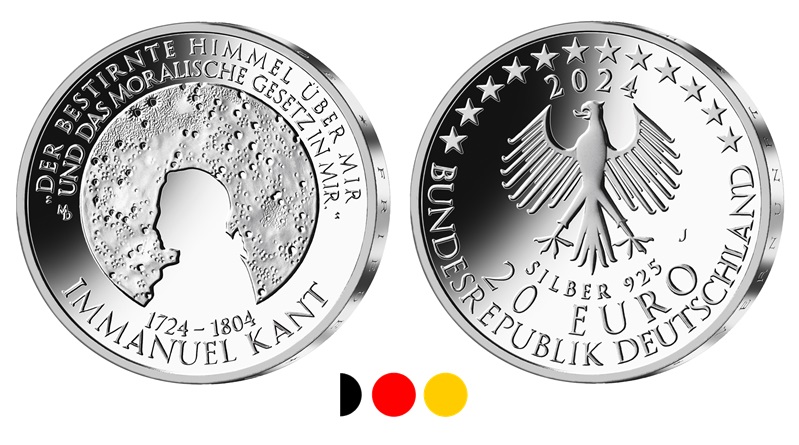
The coin is designed by the artist Martin Dašek from the Czech Republic who combines an outline of the philosopher based on contemporary silhouettes which is centred. The polished outline is incused with a backdrop of a starry firmament along with Kant’s quote DER BESTIRNTE HIMMEL ÜBER MIR UND DAS MORALISCHE GESETZ IN MIR (The starry sky above me and the moral law within me) which is placed above the primary design along the rim. Along the lower rim is the commemorative text 1724 - 1804 IMMANUEL KANT. The reverse side corresponds to the style of the obverse with elements including a stylised eagle which is centred with the coins’ fineness SILBER 925 and denomination of 20 EURO. Above the eagle is the year of issue, 2024 along with twelve five-pointed stars along the upper rim representing the European Union. Along the lower rim is the text BUNDESREPUBLIK DEUTSCHLAND. To the right side of the eagle is the J mintmark denoting the Hamburg Mint. The coins include an incused inscription on the edge which reads KRITIK * VERNUNFT * WÜRDE * FRIEDE * (CRITICISM * REASON * DIGNITY * PEACE *)
| Denomination | Metal | Weight | Diameter | Quality | Mintage Limit |
| 20 Euro | .925 Silver | 18 g. | 32.5 mm. | UNC | 100,000 |
| 20 Euro | .925 Silver | 18 g. | 32.5 mm. | Proof | *n/a |
Available from the 11th April, the Brilliant Uncirculated pieces are available for their face value at leading commercial banks and post office counters. The proof-quality collector’s edition is encapsulated and presented in a folder which is available by visiting the e-webshop of Munze Deutschland.
*Towards the end of the year, the entire €20 coin collection consisting of three 2024-dated pieces and one special €11 UEFA coin will be available in proof quality and as a set presented in an official blister-pak type folder.

Download the Greysheet app for access to pricing, news, events and your subscriptions.
Author: Michael Alexander


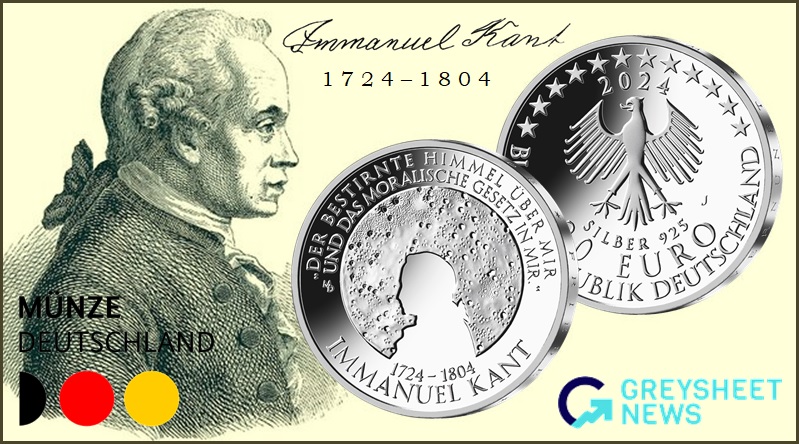
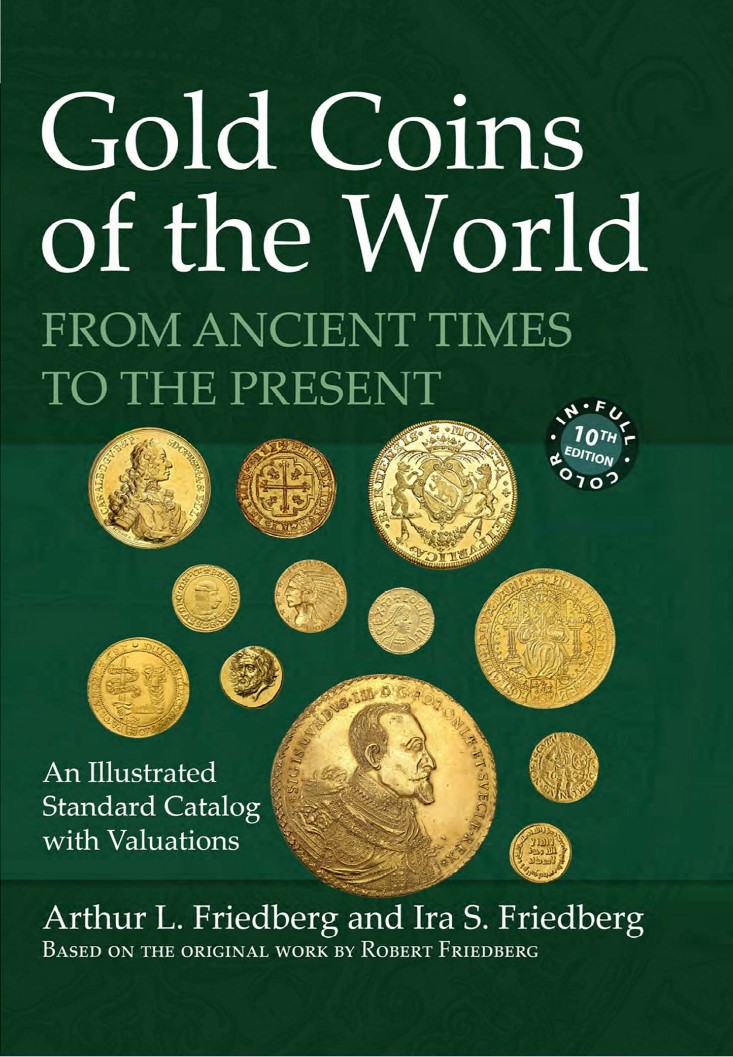






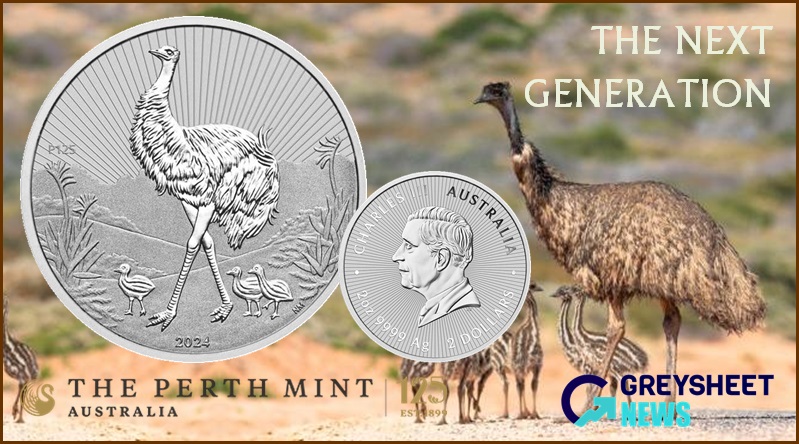
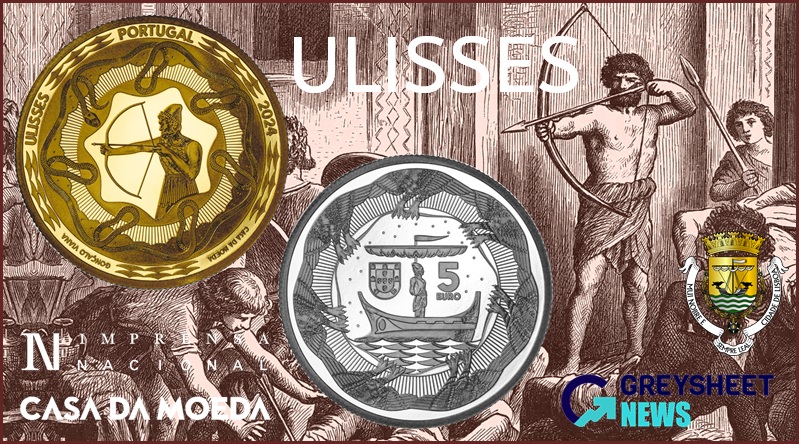
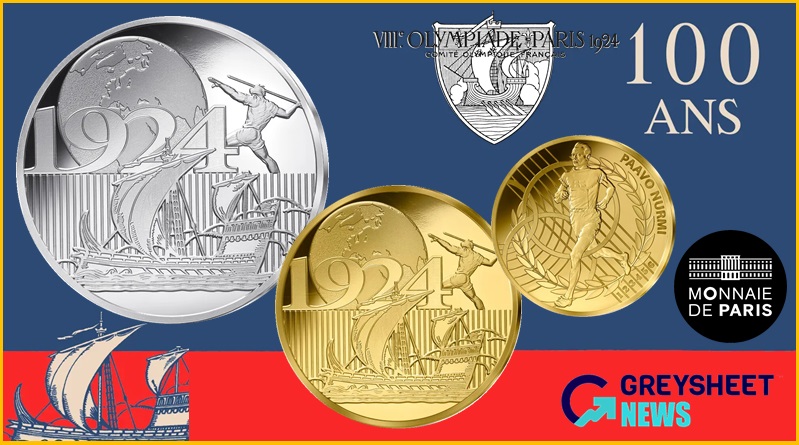
Please sign in or register to leave a comment.
Your identity will be restricted to first name/last initial, or a user ID you create.
Comment
Comments